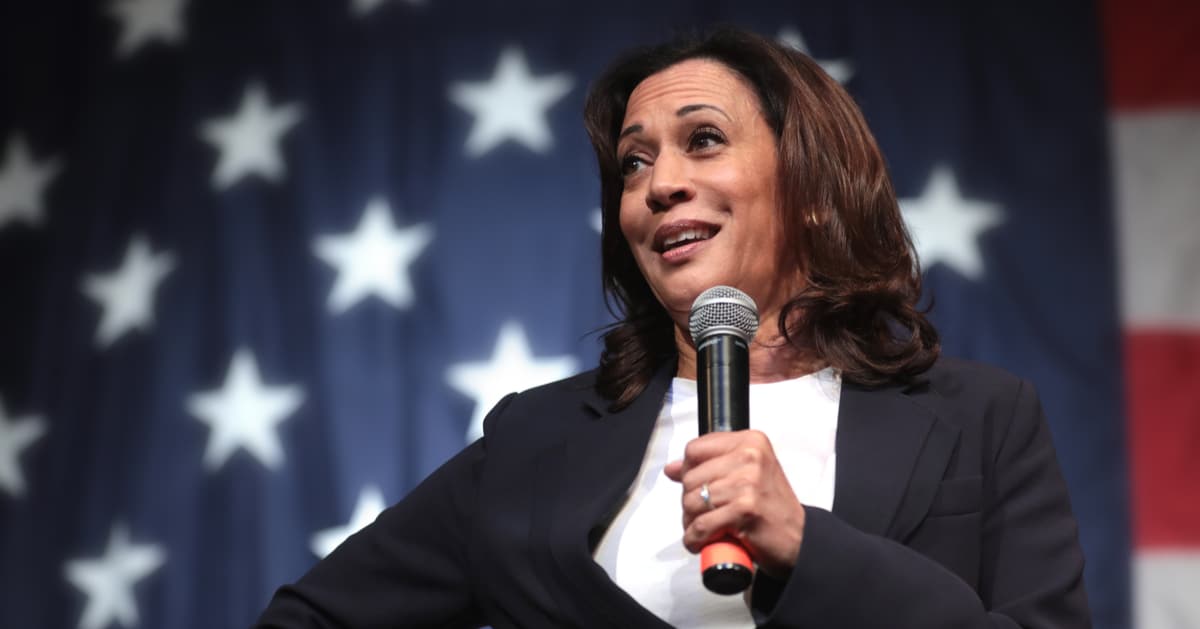CNN reported that the gag order, sought by special counsel Jack Smith, aims to limit Trump's comments about law enforcement personnel who participated in the 2022 search of his Mar-a-Lago estate.
Trump has persistently criticized the standard FBI deadly force policy enacted during the Mar-a-Lago search, claiming it was overly aggressive, despite it being a routine procedure across all FBI operations.
His legal representation contends that the gag order targets his freedom of speech amid his presidential campaign.
Labeling the prosecutors as “self-appointed Thought Police,” Trump's attorneys argue that the proposed restrictions are a direct affront to his First Amendment rights, managing to echo broader themes about speech and politics.
Tensions Surface Over Control Of Public Narrative
The legal motion by Trump's team not only seeks to block the gag order but also to impose sanctions on federal attorneys responsible for filing the motion. They claim these measures are essential to protect the former president's right to free expression and a fair trial.
The implications of the gag order extend beyond merely silencing Trump; they would modify his pre-trial release conditions to allow a probation officer to adjudicate potential violations, adding a layer of judicial oversight that Trump's attorneys find problematic.
Despite existing gag orders in other legal engagements, including federal election interference and a state court hush money trial, Trump’s representatives emphasize the unusual and broad scope of this particular request. They criticize it as forcing Trump into silence based on prospective evaluations of his speech.
Special counsel Smith and his team justify the gag order by pointing to risks posed by Trump's allegedly false statements regarding the search procedures, which they argue could incite threats or harassment against law enforcement officers.
Both Attorney General Merrick Garland and the FBI rebutted Trump's claims concerning the search at Mar-a-Lago, affirming that no special measures or deviations from standard procedures were implemented, a practice consistent with another search conducted at President Biden’s residence.
The prosecutors further argue that Trump’s public statements could potentially provoke further threats or harassment against individuals engaged in legal proceedings against him, a pattern noticed in other cases involving Trump.
The debatable points of this case revolve around balancing free speech rights with the safety of individuals involved in sensitive legal procedures. Trump's lawyers vehemently defend his right to speak freely, challenging what they deem an overreach of judicial authority in political matters.
With dynamics involving the interpretation of constitutional rights, law enforcement policies, and the impact of public discourse on legal affairs, the case presents multifaceted legal and ethical questions.
The resistance by Trump’s attorneys against the gag order emphasizes their stance on safeguarding political and public discourse rights under the Constitution.
Broader Implications For Free Speech And Justice
This legal battle between Trump’s legal team and federal prosecutors is pivotal not only for its immediate implications on Trump but also for the broader discourse on the intersections of free speech, political campaigning, and judicial processes.
It foregrounds the continuing controversies surrounding one of America’s most polarizing figures and draws attention to the ongoing debates over the boundaries of political speech during legal confrontations.
The outcome of this case could set precedents regarding how former presidents and political candidates may engage with public discourse while under legal scrutiny, potentially influencing future cases involving similar circumstances.
In conclusion, Trump’s legal team is contesting a gag order in their client's classified documents case by branding it unconstitutional and seeking sanctions against the prosecutors. They argue it infringes on Trump's First Amendment rights, complicates his legal defenses, and misrepresents routine law enforcement procedures while threatening public officials' safety through retaliatory public rhetoric.











